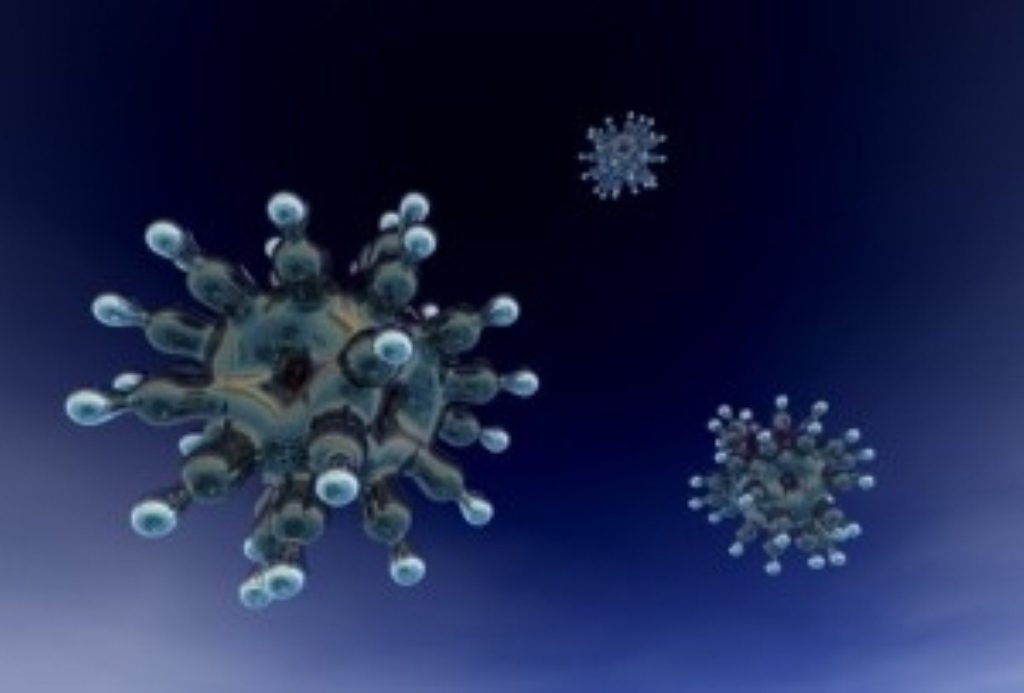Potential cancer spread inhibitor revealed
A diagnosis of prostate cancer is usually only life threatening if the cancer spreads to the rest of the body, but until recently little was known about why only some men suffer this secondary effect.
But scientists at the University of Michigan have figured out one crucial factor in this fatal process, by discovering a protein that inhibits the spread of the cancer by preventing tumour cells leaving their original location.
The American team reports that cancer cells with normal levels of the protein, RKIP, are unable to make the deadly transition out of the prostate and into the blood stream, where they are carried to other areas of the body.
The researchers used a variety of approaches to reach their conclusions, which are published today in the Journal of the National Cancer Institute, including analysis of tissue samples from cancer patients who had agreed to donate their prostates after death.


Autopsied within hours of death to ensure the fragile protein molecules had not degraded, the men’s tissue showed high levels of RKIP in all 10 samples of non-cancerous tissue, and slightly lowered levels in non invasive cancer cells.
But no RKIP was found in any of the 22 samples of tissue from prostate cancer which had spread.
Because their hypothesis was borne out in this way, the scientists believe their lab findings are especially relevant to “real life” cases of prostate cancer, and that RKIP may influence the progression of other forms of cancer.
“Understanding the basic biology means we may eventually be able to help patients with any form of disease that depends on RKIP to keep [the spread of cancer] from happening,” says senior author Evan Keller, an associate professor of Comparative Medicine and Pathology at UM Medical School.
And because RKIP is easy to detect by simple tissue staining, the team’s discovery may eventually lead to tests that will be able to distinguish particularly aggressive forms of cancer that are most likely to spread.
A gene therapy approach could also be taken to replace RKIP in patients whose tumours lack the potential life saving protein.
An initial investigation has already been made on this basis in the lab, by observing how well cells invade a membrane – designed to mimic a blood vessel wall – before and after transferring genes that alter the amount of RKIP produced.
Encouragingly, the invasive ability of previously spreading cancer cells was halved when given extra RKIP, and the results were replicated when the experiment was repeated on live mice.
The UM researchers have also demonstrated that RKIP may also be an important factor in angiogenesis – the ability of cancerous tumors to grow blood vessels of their own to feed their continued growth.
While the work promises much for future cancer sufferers, the researchers note that actual treatments based on RKIP may be many years off, as more in-depth study of the protein is needed.

